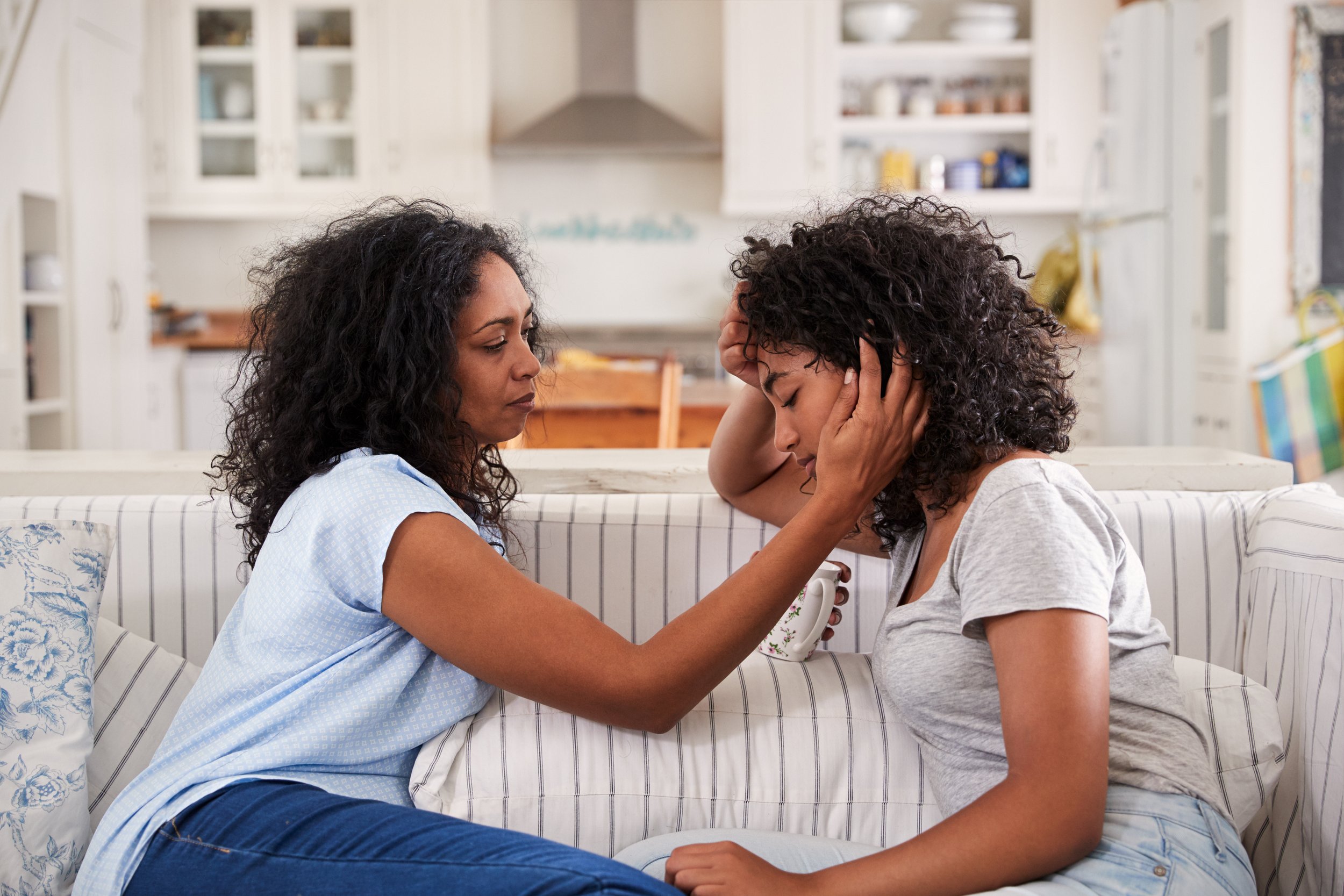Signs of Eating Disorders in Teens
Are you worried that your teen may be exhibiting signs of an eating disorder? Sometimes, these potential signs can seem so obvious, yet some can be so discrete. As diet culture continues to normalize disordered eating habits, it can become increasingly difficult to recognize problematic behaviors.
Eating disorders are serious mental illnesses that can affect anyone, regardless of their age, gender, or background. In fact, research has shown that eating disorders are most commonly diagnosed during adolescence and early adulthood. This means that as a parent or guardian, it's important to be aware of the signs and symptoms of eating disorders, particularly if you have a teenager in your care.
In this blog, we discuss some of the key eating disorder signs to look out for in your teenager. It's important to note that while these signs can be indicative of an eating disorder, they can also be present in other conditions or may not necessarily indicate an eating disorder. If you're concerned about your teenager's eating habits, it's important to seek professional advice from a qualified healthcare provider.
Changes in weight
One of the most obvious signs of an eating disorder is a significant change in weight. Keep in mind, however, that not all eating disorders reflect change in weight. Most people diagnosed with eating disorders are in bodies that are “socially normal”.
Obsessive focus on food
Another common sign of an eating disorder is an obsessive focus on food. Your teenager may talk constantly about food, calories, or nutrition. They may also be preoccupied with meal planning or cooking, and may spend excessive amounts of time on food-related activities such as grocery shopping or preparing meals.
Avoidance of certain foods or food groups
Individuals with eating disorders often have strict rules around food, and may avoid certain foods or food groups altogether. For example, someone with anorexia may avoid carbohydrates or fats, while someone with orthorexia may avoid processed foods or foods that are not considered "clean" or "pure."
Changes in eating habits
An eating disorder can cause a wide range of changes in eating habits. For example, your teenager may begin to skip meals or eat very small portions. They may also engage in binge eating or purging behaviors, such as vomiting or using laxatives or diuretics. They may begin to cut out foods they normally would have eaten or even weigh and measure their food.
Changes in behavior or mood
Eating disorders can also cause changes in behavior or mood. Your teenager may become irritable, moody, or withdrawn. They may also become more secretive or defensive about their eating habits, or may avoid social situations that involve food.
Obsession with body image
Individuals with eating disorders often have a distorted body image, and may obsess over their weight, shape, or size. Your teenager may spend excessive amounts of time looking at themselves in the mirror, or may avoid looking at themselves altogether. They may also wear baggy clothing to hide their body or engage in excessive exercise with intentions to change their body shape.
Physical symptoms
Eating disorders can cause a variety of physical symptoms. Your teenager may complain of stomach pain, constipation, or other digestive issues. They may also experience dizziness, fatigue, or fainting spells. In extreme cases, an eating disorder can lead to organ damage, heart problems, or even death.
Preoccupation with weight loss or dieting
Your teenager may express a strong desire to lose weight or to go on a diet. They may also talk about their weight or body size in a negative way, or may become preoccupied with the weight or body size of others. You may find they are overly focused on following specific people or food-related content on social media.
Changes in sleep patterns
Eating disorders can also cause changes in sleep patterns. Your teenager may have trouble falling asleep or staying asleep, or may experience nightmares or night sweats. They may also become more lethargic during the day.
As eating disorder specialists, we know reading through this list can feel overwhelming and alarming if some signs are consistent with what you may be seeing in your teen. A proper multidisciplinary treatment team is the standard of care, with a mental health professional, registered dietitian and physician at minimum. It is crucial that these professionals understand eating disorders to effectively treat them. If you are looking for in person eating disorder treatment in Atlanta, GA or Fort Lauderdale, FL or looking for virtual care, click this link to contact us today. We look forward to working with your family and start the healing journey with your teen.
Stay nourished,
The Team at Namaste Nourished


